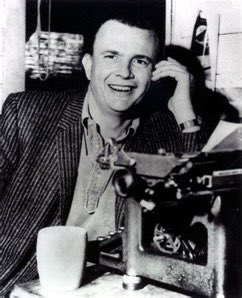MONEY IN STAR TREK. We all know Trek depicts a post scarcity utopian future without capitalism…
Or does it??
Well, in TOS anyway I would argue there are many examples implying it’s an essentially capitalist society with winners and losers…
1/
Or does it??
Well, in TOS anyway I would argue there are many examples implying it’s an essentially capitalist society with winners and losers…
1/
Take Federation space station K-7. Clearly there is some form of monetary exchange in the bar, and Cyrano Jones is said to be making a “marginal living engaging in the buying and selling of rare merchandise.” This implies he was just making ends meet working independently…
2/
2/
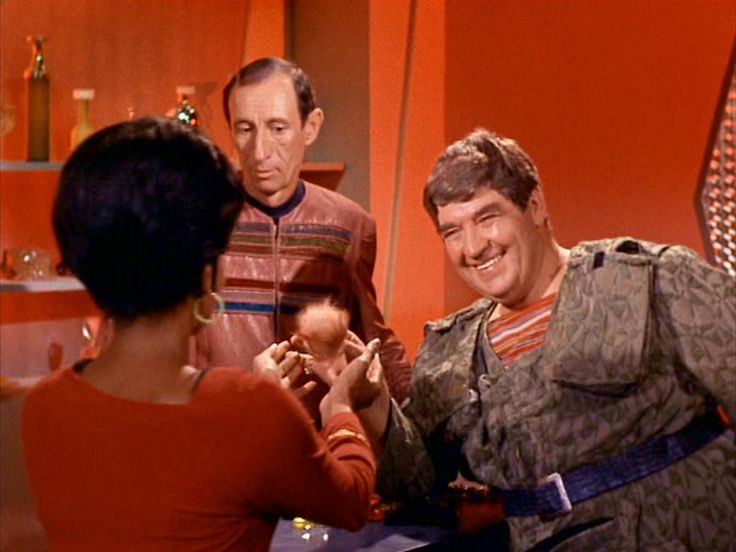
The miners on Rigel XII are described as “rich”, and can “buy a whole planet.” And in “Requiem for Methuselah”, Flint is described as “a wealthy financier and recluse” who purchased a planet. A financier is someone who raises capital for investment, typically…
3/


3/
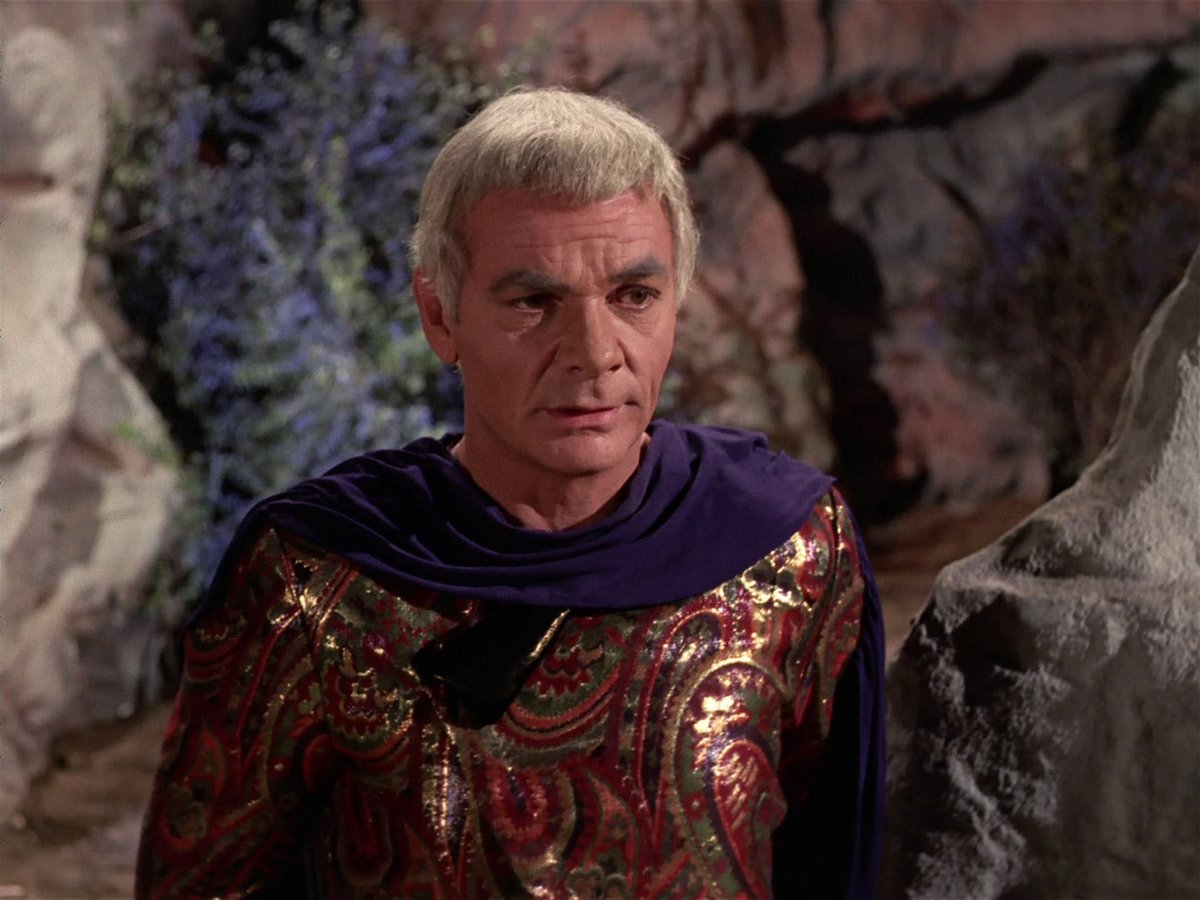

In “I, Mudd”, Harry Mudd goes on the run for selling the rights to a Vulcan fuel synthesizer to the Denebians without paying royalties. He also mentions selling fake patents…
4/
4/
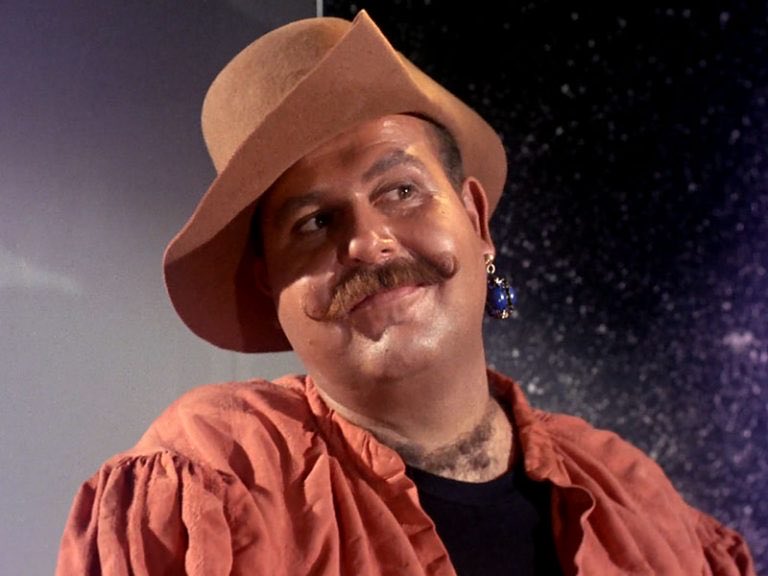
In “The Ultimate Computer” McCoy, referring to the M5 system, says “the government bought it and then Daystrom had to make it work,” implying such innovations were not done simply for their intrinsic usefulness but also perhaps because they enriched their inventors…
5/


5/

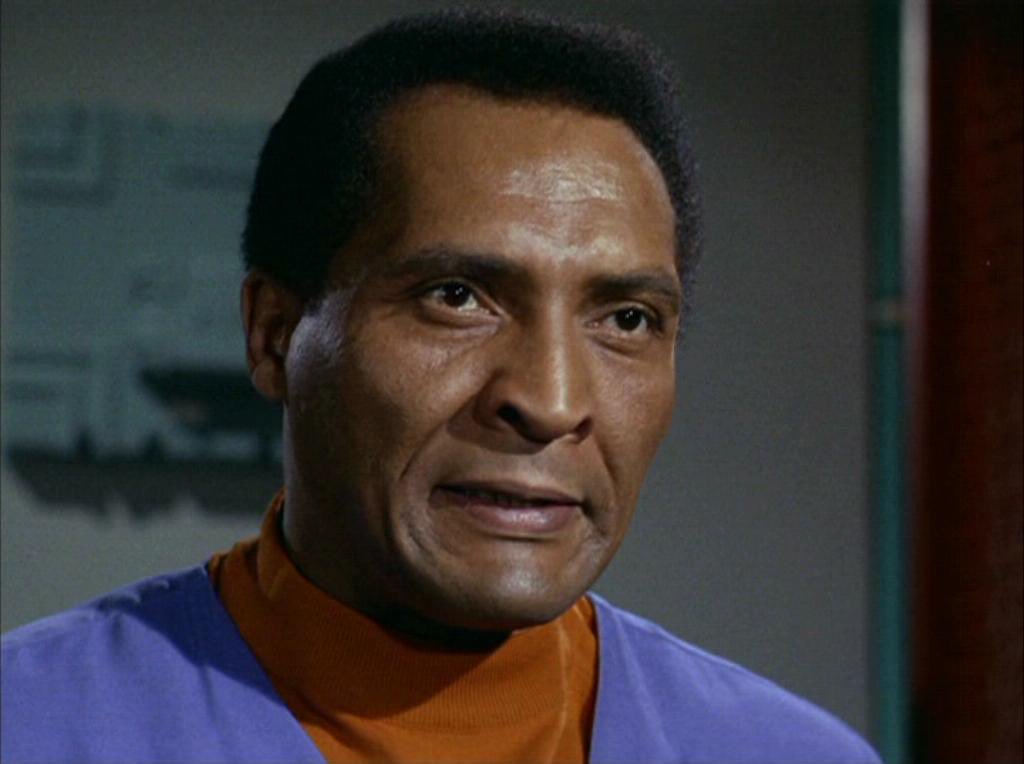
Kirk mentions in “Errand of Mercy” how the Federation has “invested a great deal of money” in his training, and Lt. DeSalle famously references “credits” in “Catspaw.” And Captain Pike talks about “going into business” on Regulus or Orion in “The Menagerie”…
6/
6/
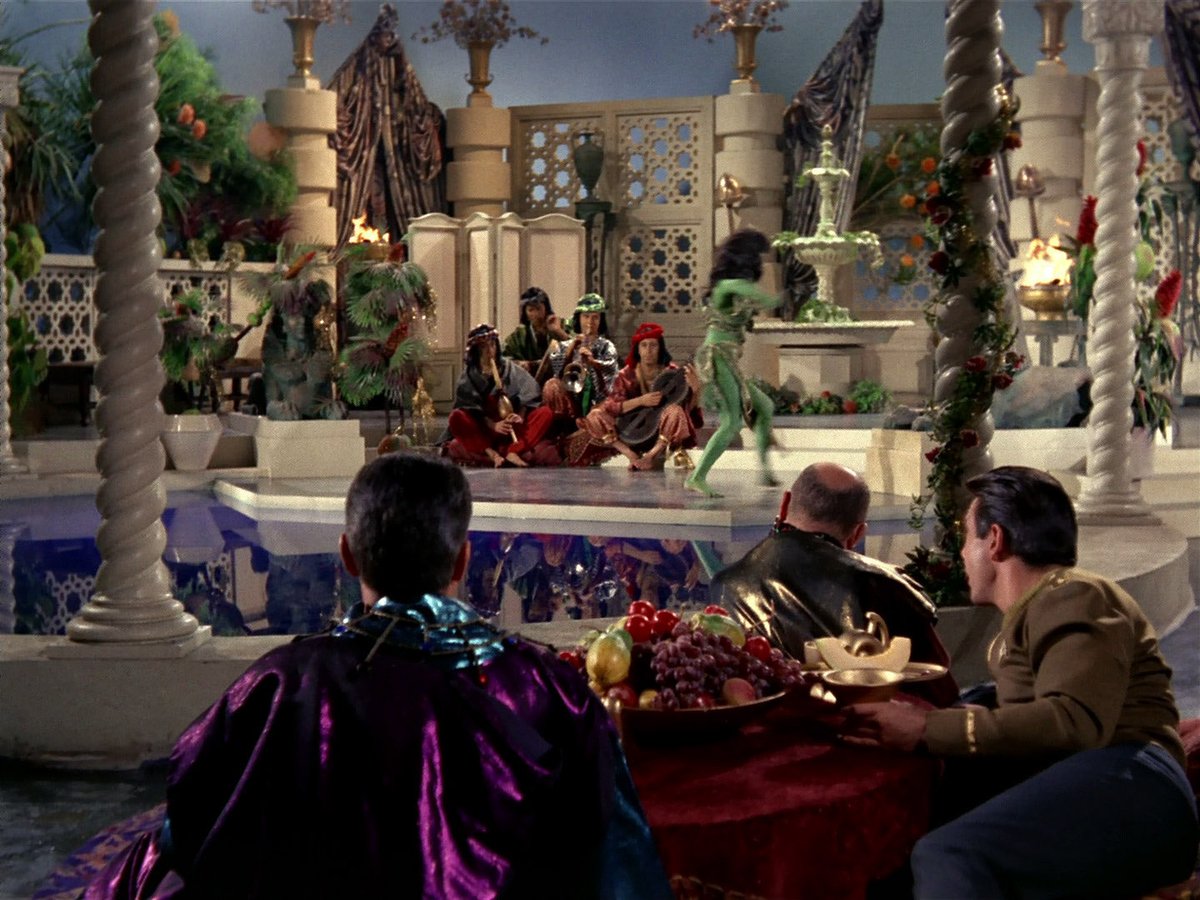
Roddenberry was basically envisioning a Kennedy-esque, liberal democratic future, with social equality and probably economic guardrails, but with opportunities for individuals to fail or succeed on their merits and luck. But in TOS he wisely kept the situation Earth obscure…
7/
7/
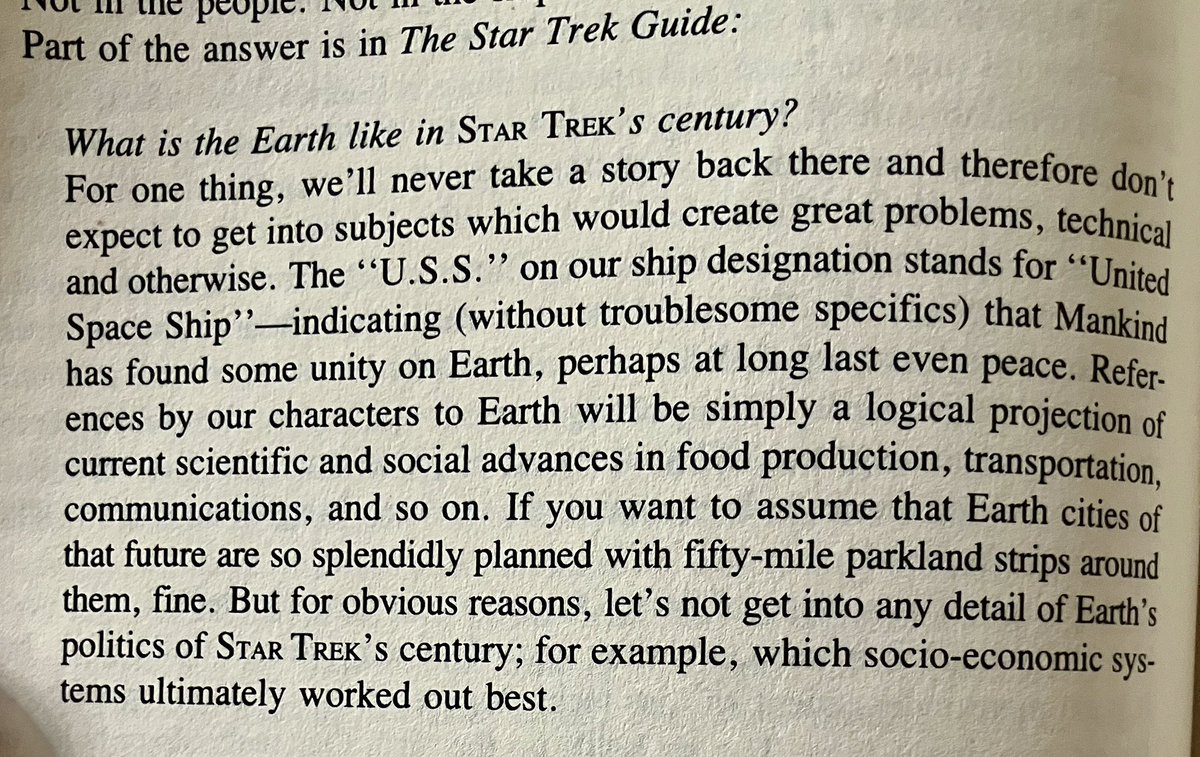
Roddenberry began implying a more socialist/utopian milieu in the 70’s and in TNG, as he leaned into the idea of “a hopeful future” being the reason for Star Trek’s success. It became his brand, but it’s also a valid interpretation of the show’s appeal…
8/
8/
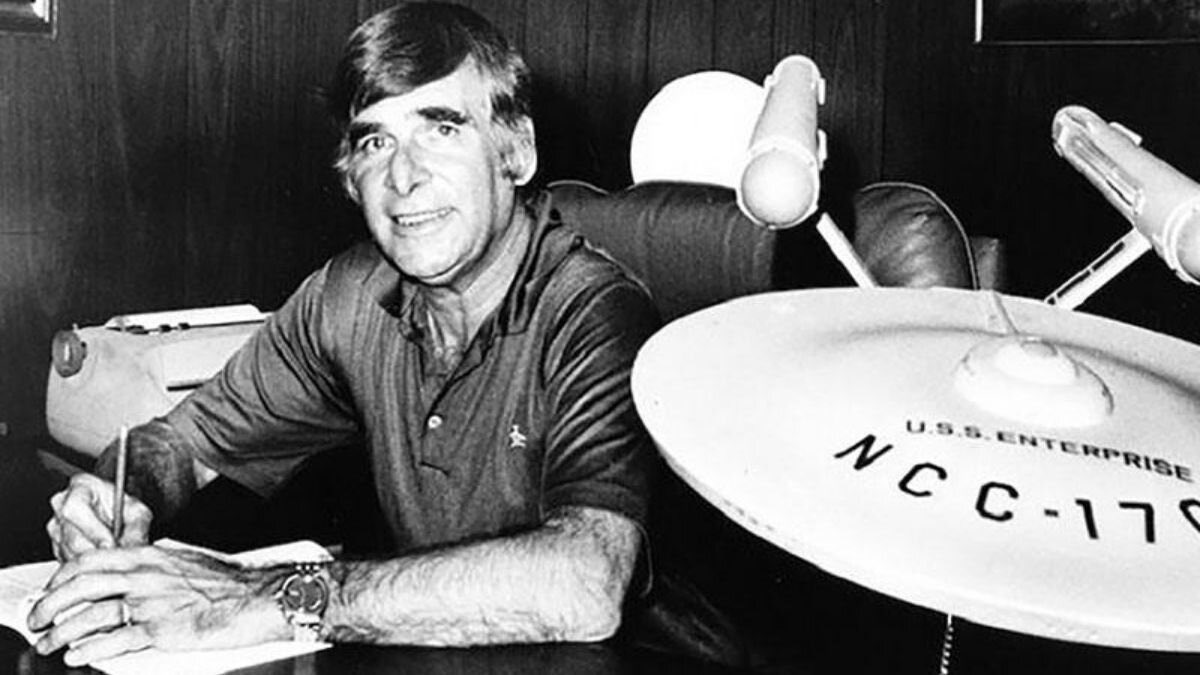
This thread is already too long, and we can certainly argue that there’s a difference between a capitalist society and one that just uses money. But I think there are enough hints in TOS that the Federation economy wasn’t radically different from Earth of the 1960’s.
/end
/end
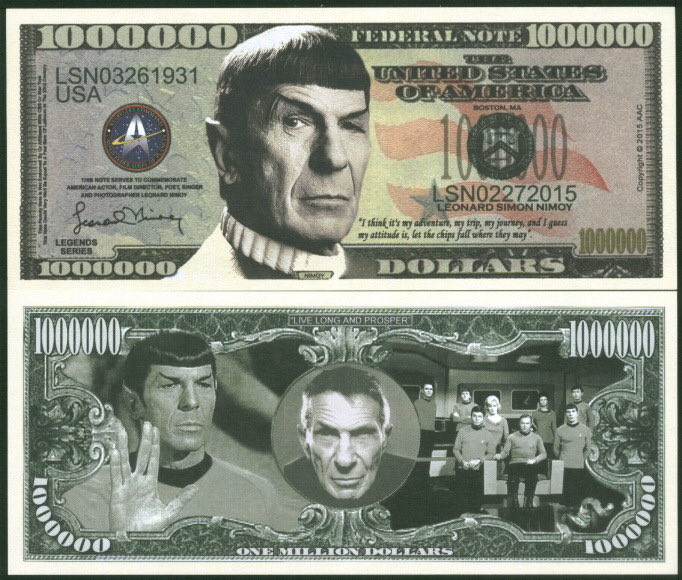
POSTSCRIPT. I would love to hear different takes in response to this, and I’m not necessarily implying I personally think one kind of future is better than another! I just like to point out that original Star Trek is often somewhat different from what followed. 🖖🏻
• • •
Missing some Tweet in this thread? You can try to
force a refresh



